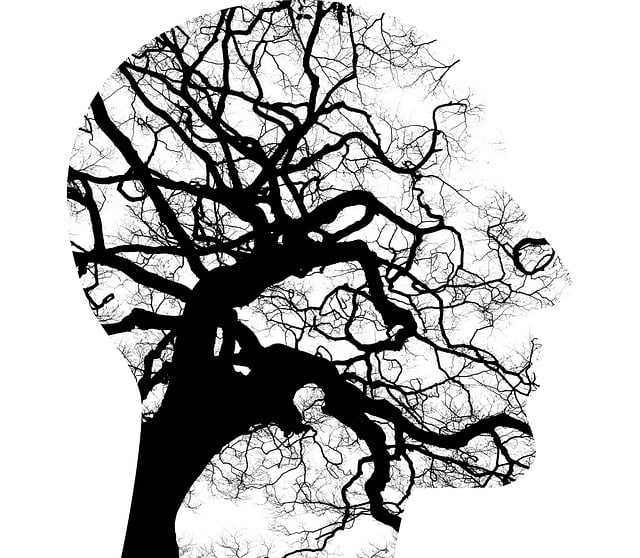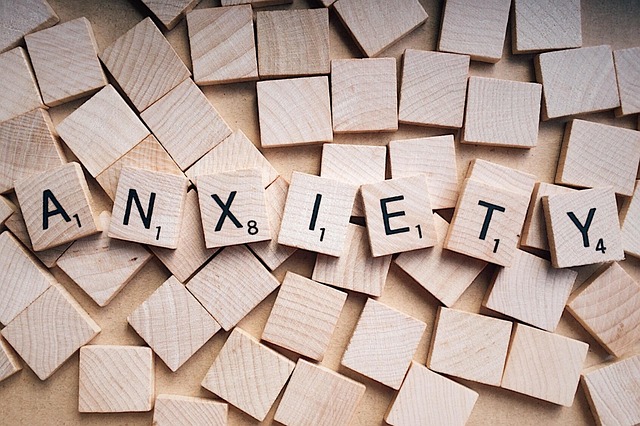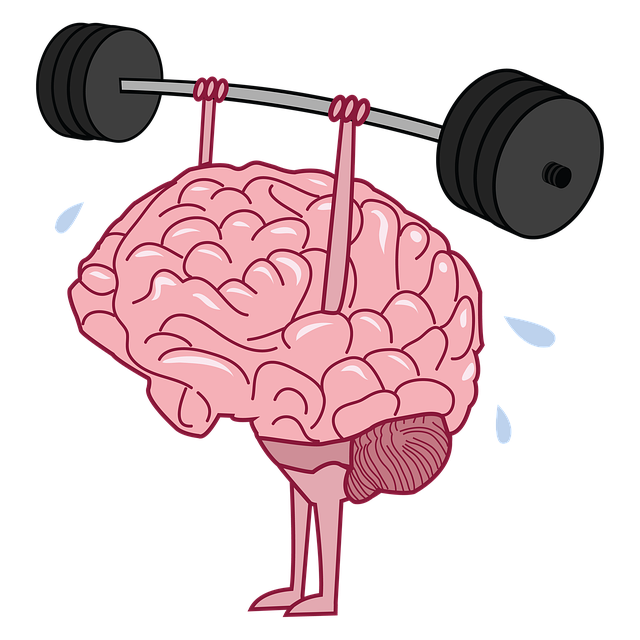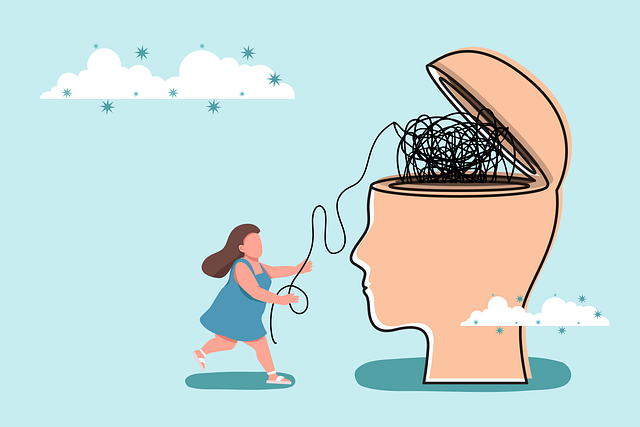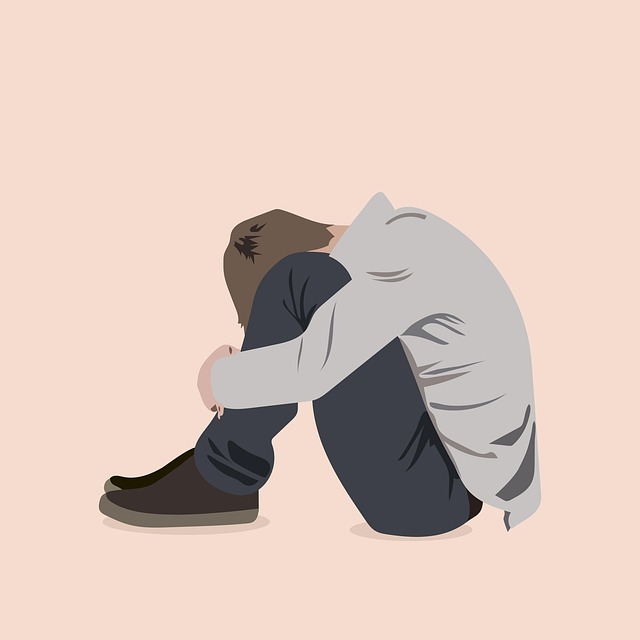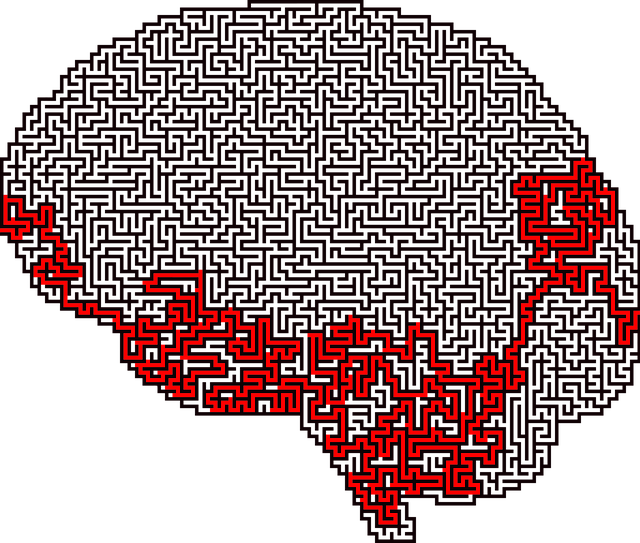Highlands Ranch Children Therapy prioritizes client safety through comprehensive risk assessment, integrating self-care practices and public awareness into their open communication culture. They meticulously evaluate clients' history, family dynamics, cultural background, and mental state to predict and prevent adverse outcomes. The center implements robust protocols like structured crisis intervention plans and staff training on de-escalation techniques while fostering a supportive environment for emotional security and self-esteem improvement. Continuous monitoring, regular training, and collaborative learning ensure their practices align with best standards, elevating care quality and client connections.
Mental health professionals encounter diverse risks daily, necessitating comprehensive risk assessment. This article guides you through crucial aspects of mental health practice risk management, including identifying potential hazards in children’s therapy at Highlands Ranch Children Therapy and implementing robust safety protocols. We explore continuous monitoring strategies for improvement, ensuring a secure environment. Understanding these elements is vital to mitigating risks and enhancing patient care at Highlands Ranch Children Therapy and beyond.
- Understanding Risk Assessment in Mental Health Practices
- Identifying Potential Risks and Hazards in Children's Therapy
- Implementing Effective Safety Protocols at Highlands Ranch Children Therapy
- Continuous Monitoring and Improvement for Mental Health Professionals
Understanding Risk Assessment in Mental Health Practices

In the realm of mental health care, risk assessment is a cornerstone practice that ensures the safety and well-being of both clients and professionals. For Highlands Ranch Children Therapy practices, understanding and implementing robust risk assessment strategies are essential to mitigate potential hazards within the therapeutic environment. This involves meticulously evaluating various factors, such as client history, previous treatment experiences, and current mental state, to predict and prevent adverse outcomes.
Effective risk management planning for mental health professionals incorporates self-care practices and public awareness campaigns development as integral components. By fostering a culture of open communication, regular training, and proactive measures, Highlands Ranch Children Therapy centers can enhance their ability to navigate complex cases and ensure the best possible care for all individuals seeking support.
Identifying Potential Risks and Hazards in Children's Therapy

Identifying potential risks and hazards is a critical aspect of risk assessment for mental health professionals, especially when working with children in Highlands Ranch Children Therapy settings. Children may present unique challenges due to their developing brains and varying life experiences. Professionals must be vigilant in recognizing and mitigating factors that could negatively impact the therapeutic process or the child’s overall well-being.
Risk assessment involves scrutinizing various elements, including the child’s history, family dynamics, cultural background, and current mental state. This thorough evaluation helps professionals identify potential triggers for distress or behaviors that may hinder progress. By incorporating strategies such as stress management techniques through mindfulness meditation, therapists can create a safe and supportive environment, fostering resilience in young clients.
Implementing Effective Safety Protocols at Highlands Ranch Children Therapy

At Highlands Ranch Children’s Therapy, recognizing the delicate nature of working with young minds requires a comprehensive approach to safety protocols. The therapy center has implemented robust strategies to ensure the well-being and emotional security of both clients and therapists. These measures include structured crisis intervention plans, regular staff training on de-escalation techniques, and the promotion of open communication channels for clients to express their feelings freely.
The focus is not only on emotional regulation and mood management but also on fostering self-esteem improvement through a supportive environment. By integrating these safety protocols into daily practice, Highlands Ranch Children’s Therapy strives to create a safe space where children can explore their emotions, build resilience, and develop healthy coping mechanisms, all while prioritizing the prevention of any potential harm.
Continuous Monitoring and Improvement for Mental Health Professionals

Mental health professionals in Highlands Ranch Children Therapy are encouraged to embrace a culture of continuous monitoring and improvement. This involves regularly reviewing case studies and treatment outcomes to identify areas for enhancement, ensuring that their practices align with the latest research and best practices. By participating in ongoing training and workshops focused on emotional intelligence and empathy-building strategies, therapists can enhance their capabilities to connect with clients on a deeper level.
Regular self-reflection and peer feedback play a pivotal role in this process. Therapists should set aside time for introspection, evaluating their strengths and weaknesses, and exploring innovative techniques. Peer discussions and collaborative learning environments foster a supportive atmosphere where professionals can share insights, learn from one another’s experiences, and collectively elevate the standards of care they provide.
Mental health professionals, like those at Highlands Ranch Children Therapy, operate in a dynamic field where risk assessment is paramount. By understanding potential risks, implementing robust safety protocols, and continuously monitoring practices, therapists can create a secure environment for both patients and themselves. This approach not only enhances the quality of care but also ensures the well-being of professionals, fostering a sustainable and effective therapy practice like Highlands Ranch Children Therapy.


